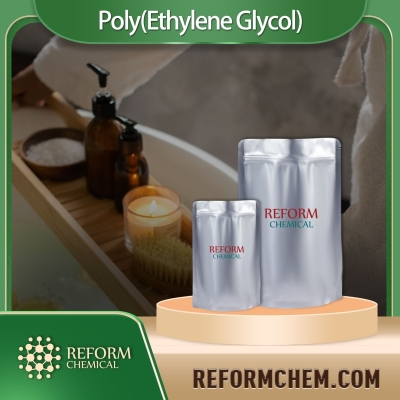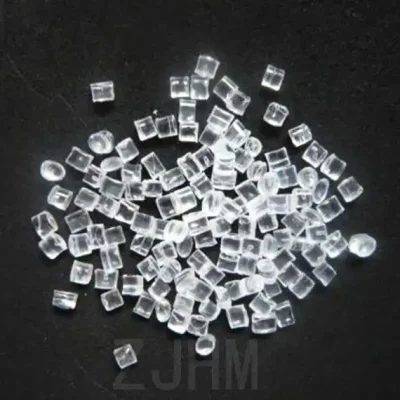-
Categories
-
Pharmaceutical Intermediates
-
Active Pharmaceutical Ingredients
-
Food Additives
- Industrial Coatings
- Agrochemicals
- Dyes and Pigments
- Surfactant
- Flavors and Fragrances
- Chemical Reagents
- Catalyst and Auxiliary
- Natural Products
- Inorganic Chemistry
-
Organic Chemistry
-
Biochemical Engineering
- Analytical Chemistry
-
Cosmetic Ingredient
- Water Treatment Chemical
-
Pharmaceutical Intermediates
Promotion
ECHEMI Mall
Wholesale
Weekly Price
Exhibition
News
-
Trade Service
Recently, according to the development experience of "zero energy consumption housing" in Europe and the United States, Japan has introduced relevant standards suitable for its own conditions, taking solar energy as the main driving force of residential energy, as long as the use of solar power generation exceeds the city's power supply and gas usage, it can be "zero energy consumption housing"
.
Japan promotes "zero-energy housing"
10 large real estate companies in Japan recently announced that they will vigorously design, develop and promote "zero-energy residential parks" from 2017, using solar energy as the main power of residential energy, and using the most advanced carbon fiber insulation technology to increase the thermal insulation performance
of residential buildings.
The company's move is fully supported
by the Japanese government.
The Ministry of Economy, Trade and Industry plans to support enterprises in the development and construction of "zero-energy housing"
from both policy and tax aspects.
The province expects that by 2020, more than 50% of newly built housing will become "zero-energy housing", and the market size of related industries and equipment products will reach 1.
1 trillion yen, which will be the most promising industry
in the future.
Recently, according to the development experience of "zero energy consumption housing" in Europe and the United States, Japan has introduced relevant standards suitable for its own conditions, taking solar energy as the main driving force of residential energy, as long as the use of solar power generation exceeds the city's power supply and gas usage, it can be "zero energy consumption housing"
.
Japan promotes "zero-energy housing"
10 large real estate companies in Japan recently announced that they will vigorously design, develop and promote "zero-energy residential parks" from 2017, using solar energy as the main power of residential energy, and using the most advanced carbon fiber insulation technology to increase the thermal insulation performance
of residential buildings.
The company's move is fully supported
by the Japanese government.
The Ministry of Economy, Trade and Industry plans to support enterprises in the development and construction of "zero-energy housing"
from both policy and tax aspects.
The province expects that by 2020, more than 50% of newly built housing will become "zero-energy housing", and the market size of related industries and equipment products will reach 1.
1 trillion yen, which will be the most promising industry
in the future.







